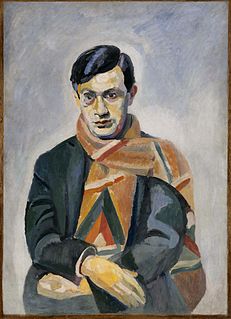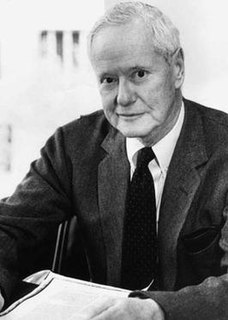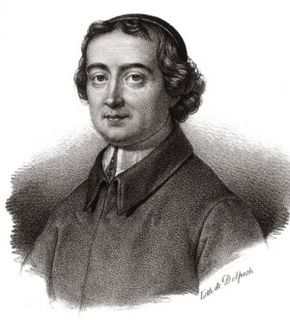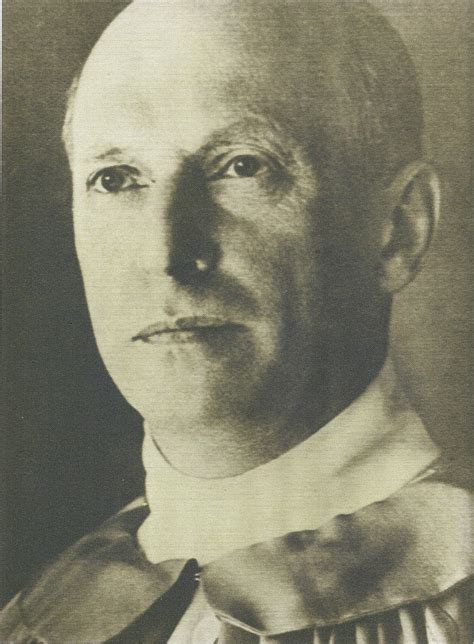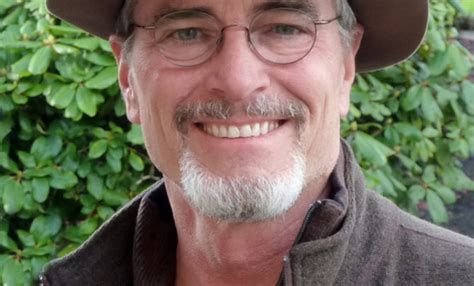A Quote by Jean-Jacques Rousseau
I undertake the same project as Montaigne, but with an aim contrary to his own: for he wrote his Essays only for others, and I write my reveries only for myself.
Related Quotes
In common with other artists the photographer wants his finished print to convey to others his own response to his subject. In the fulfillment of this aim, his greatest asset is the directness of the process he employs. But this advantage can only be retained if he simplifies his equipment and technic to the minimum necessary, and keeps his approach from from all formula, art-dogma, rules and taboos. Only then can he be free to put his photographic sight to use in discovering and revealing the nature of the world he lives in.
His face set in grim determination, Richard slogged ahead, his fingers reaching up to touch the tooth under his shirt. Loneliness, deeper than he had never known, sagged his shoulders. All his friends were lost to him. He knew now that his life was not his own. It belonged to his duty, to his task. He was the Seeker. Nothing more. Nothing less. Not his own man, but a pawn to be used by others. A tool, same as his sword, to help others, that they might have the life he had only glimpsed for a twinkling. He was no different from the dark things in the boundary. A bringer of death.
The person who understands the evil in his own heart is the only person who is useful, fruitful, and solid in his beliefs and obedience. Others only delude themselves and thus upset families, churches, and all other relationships. In their self-pride and judgment of others, they show great inconsistency.
In the absence of government each man learns to think, to act for himself, without counting on the support of an outside force which, however vigilant one supposes it to be, can never answer all social needs. Man, thus accustomed to seek his well-being only through his own efforts, raises himself in his own opinion as he does in the opinion of others; his soul becomes larger and stronger at the same time.
No matter how vast your knowledge or how modest, it is your own mind that has to acquire it. It is only with your own knowledge that you can deal. It is only your own knowledge that you can claim to possess or ask others to consider. Your mind is your only judge of truth - and if others dissent from your verdict, reality is the court of final appeal. Nothing but a man's mind can perform that complex, delicate, crucial process of identification which is thinking. Nothing can direct the process but his own judgment. Nothing can direct his judgment but his moral integrity.
Only when he has published his ideas and findings has the scientist made his contribution, and only when he has thus made it part of the public domain of scholarship can he truly lay claim to it as his own. For his claim resides only in the recognition accorded by peers in the social system of science through reference to his work.
I liked to write from the time I was about 12 or 13. I loved to read. And since I only spoke to my brother, I would write down my thoughts. And I think I wrote some of the worst poetry west of the Rockies. But by the time I was in my 20s, I found myself writing little essays and more poetry - writing at writing.
What do you think an artist is? An imbecile who has only his eyes if he's a painter, or ears if he's a musician, or a lyre at every level of his heart if he's a poet, or even, if he's a boxer, just his muscles? On the contrary, he's at the same time a political being, constantly alive to heart-rending, burning, or happy events in the world.








